In a groundbreaking collaboration, Google and the World Bank have announced a joint initiative to build AI-powered public infrastructure aimed at accelerating digital transformation and economic growth across emerging markets.
The partnership, unveiled at a global development forum, seeks to leverage artificial intelligence and data analytics to improve key sectors such as healthcare, agriculture, education, and transportation in developing countries.
According to the World Bank, the initiative will focus on creating “digital public goods”scalable AI-driven tools that governments can use to enhance service delivery, optimize resource allocation, and foster inclusive development.
Google’s Vice President for Global Affairs, Kent Walker, stated that the collaboration represents a major step toward democratizing access to advanced technology. “We believe AI can be a force for public good. By working with the World Bank, we aim to ensure emerging economies benefit from the same level of innovation driving progress in developed nations,” he said.
The World Bank’s Chief Economist for Infrastructure, Dr. Mari Pangestu, added that the project will help bridge the digital and data divide, enabling low-income countries to build smarter cities and more efficient public systems.
The initiative will also include funding for AI capacity-building programs, support for local tech startups, and the establishment of data governance frameworks to ensure ethical and transparent use of artificial intelligence.
Experts predict that the partnership could reshape how developing nations deploy technology for public welfare, creating a new model for AI-driven governance and sustainable growth.
With both institutions committing long-term resources, the Google–World Bank alliance is being hailed as a landmark moment in the digital evolution of emerging economies.
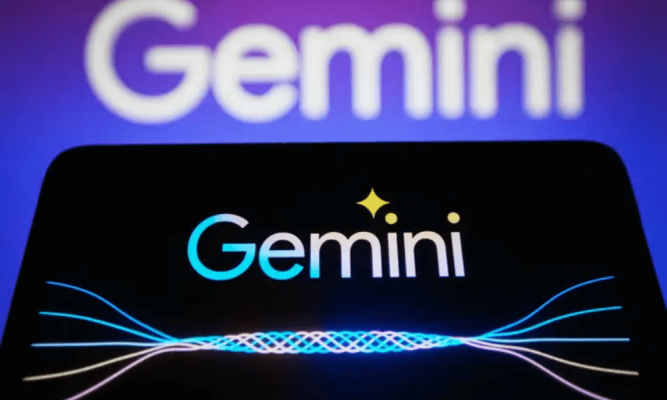

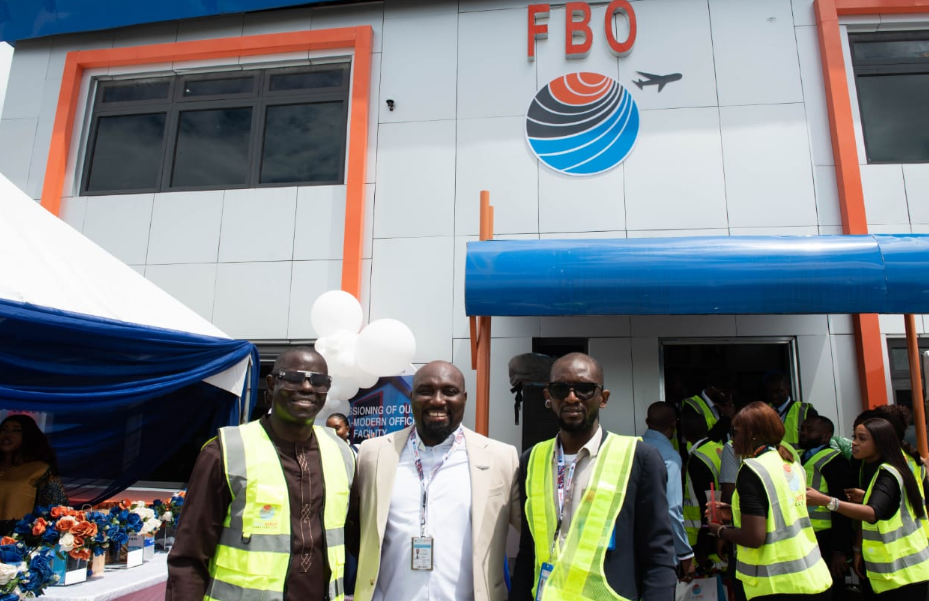
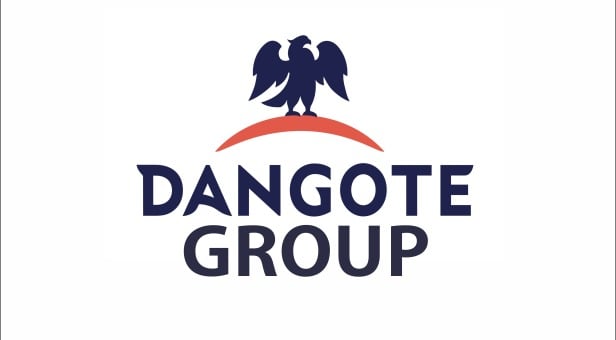
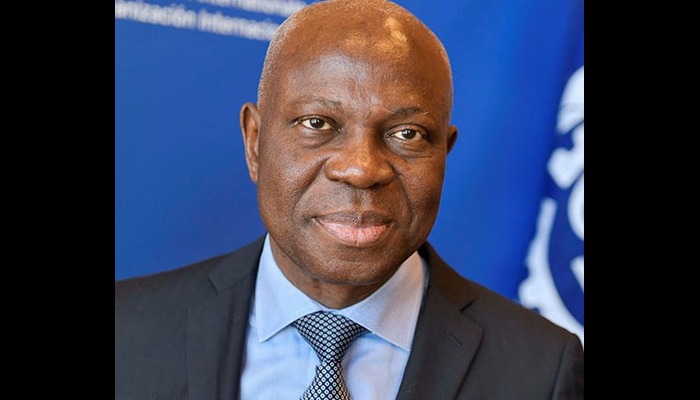





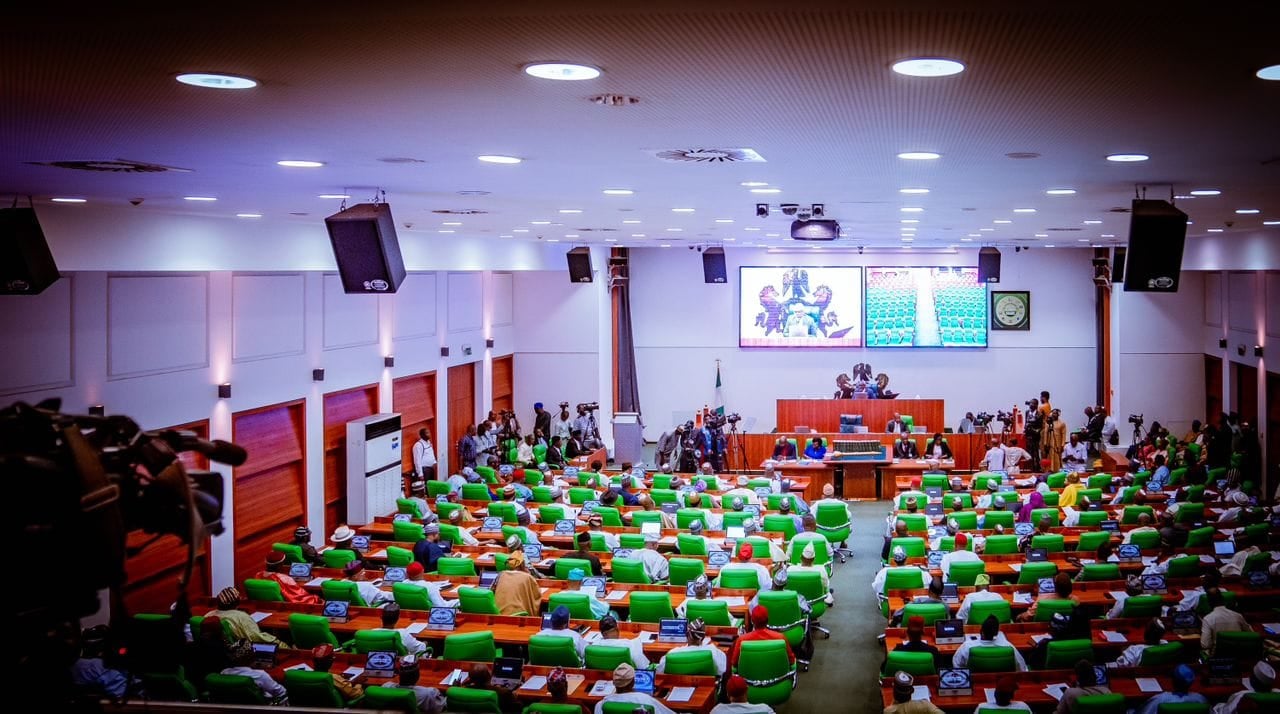

Leave a Reply